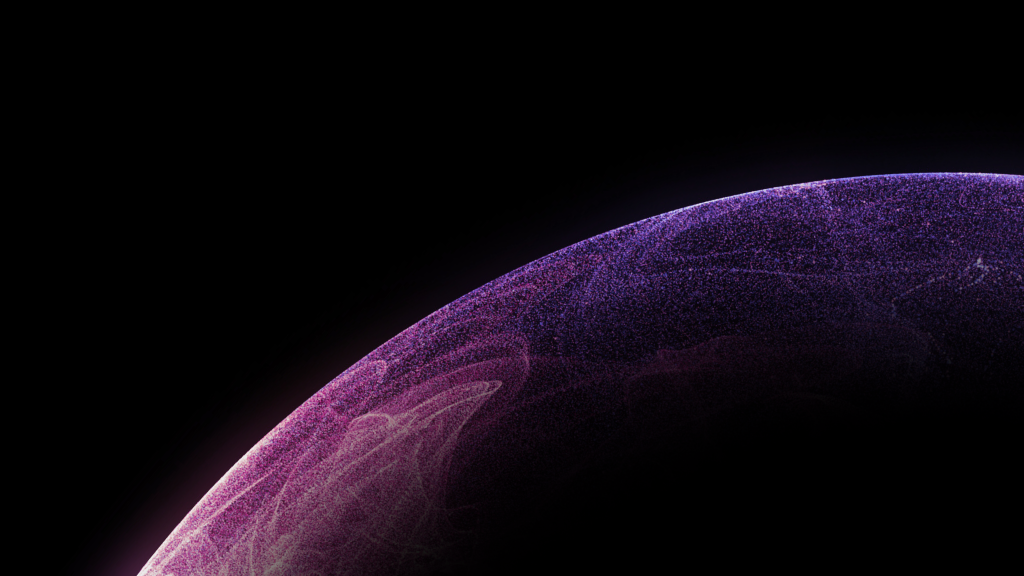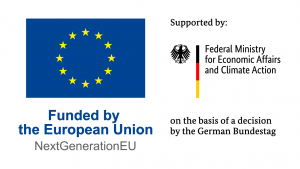Software-Defined Car
The Project
All project partners of the SofDCar Alliance are focussing their research on the challenges of future E/E & SW architecture in vehicles.
Each vehicle is seen as one piece in a network of all vehicles and the infrastructure. Its integration will be enabled via “data loops” and new-type “digital twins”, thereby paving the path to digital sustainability (of today’s and tomorrow’s vehicle generations) and enabling efficient data structures and innovative use cases throughout the whole vehicle lifetime (Re-Deployment).
This project is part of a government-sponsored research program. It is sponsored by the German Ministry of Business Affairs and Climate Control (BMWK).



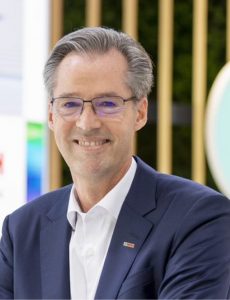 “Future cars will become internet hubs and a vital part of the internet of things. Like their smartphones, drivers expect new features and SW updates to be available in their cars continuously and at any time – this will be established by the Software-defined Vehicle. This new setup will not only change the car itself, it will also transform the development and operations of vehicles, serving all the new requirements.
“Future cars will become internet hubs and a vital part of the internet of things. Like their smartphones, drivers expect new features and SW updates to be available in their cars continuously and at any time – this will be established by the Software-defined Vehicle. This new setup will not only change the car itself, it will also transform the development and operations of vehicles, serving all the new requirements.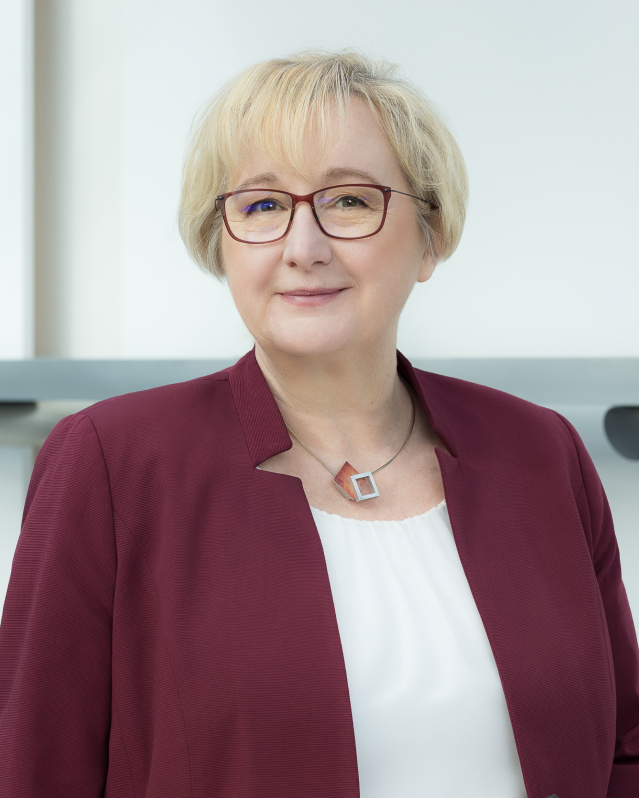 “The big SofDCar project is a prime example of how digitalization in vehicle technology can be promoted – working closely together with companies from different industries and partners from science. The Mobility of the Future innovation campus (ICM) at the University of Stuttgart and the KIT provide the ideal collaborative environment for SofDCar with a focus on ‘software-defined mobility’, since here, excellent research, economic implementation and academic training are closely integrated. This close relationship in particular is what we’re striving for with the ‘Strategy Dialog on the Automotive Industry in Baden-Württember.”
“The big SofDCar project is a prime example of how digitalization in vehicle technology can be promoted – working closely together with companies from different industries and partners from science. The Mobility of the Future innovation campus (ICM) at the University of Stuttgart and the KIT provide the ideal collaborative environment for SofDCar with a focus on ‘software-defined mobility’, since here, excellent research, economic implementation and academic training are closely integrated. This close relationship in particular is what we’re striving for with the ‘Strategy Dialog on the Automotive Industry in Baden-Württember.”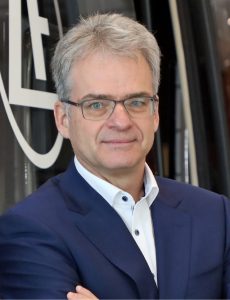 “Many technologies for the software-defined vehicle are already available today and thus the goal is clearly outlined as to what the architectures for the next generation of vehicles should look like. At the same time, the high-level networking of all vehicle components via domain or zone-oriented E/E and software architectures requires a new type of collaboration between all stakeholders in the vehicle and mobility industry. We will also see the software in vehicles that no one thought of when they were sold. The SofDCar project will hopefully make an important contribution to this.”
“Many technologies for the software-defined vehicle are already available today and thus the goal is clearly outlined as to what the architectures for the next generation of vehicles should look like. At the same time, the high-level networking of all vehicle components via domain or zone-oriented E/E and software architectures requires a new type of collaboration between all stakeholders in the vehicle and mobility industry. We will also see the software in vehicles that no one thought of when they were sold. The SofDCar project will hopefully make an important contribution to this.” “I wish all the participants involved the foresight, a close collaboration, as well as the necessary spirit to drive the SofDCar project forward and lead it to a successful outcome.”
“I wish all the participants involved the foresight, a close collaboration, as well as the necessary spirit to drive the SofDCar project forward and lead it to a successful outcome.” 
 “Our mission is to help shape the digital transformation of the automotive industry. The software-defined car is the key to autonomous and also individual mobility. That’s why T-Systems is investing in the development of technologies such as the orchestration of software between vehicle, edge, and backend, its end-to-end security, as well as key building blocks such as the next-generation digital twin, cloud diagnostics, or a security intrusion detection system.”
“Our mission is to help shape the digital transformation of the automotive industry. The software-defined car is the key to autonomous and also individual mobility. That’s why T-Systems is investing in the development of technologies such as the orchestration of software between vehicle, edge, and backend, its end-to-end security, as well as key building blocks such as the next-generation digital twin, cloud diagnostics, or a security intrusion detection system.” 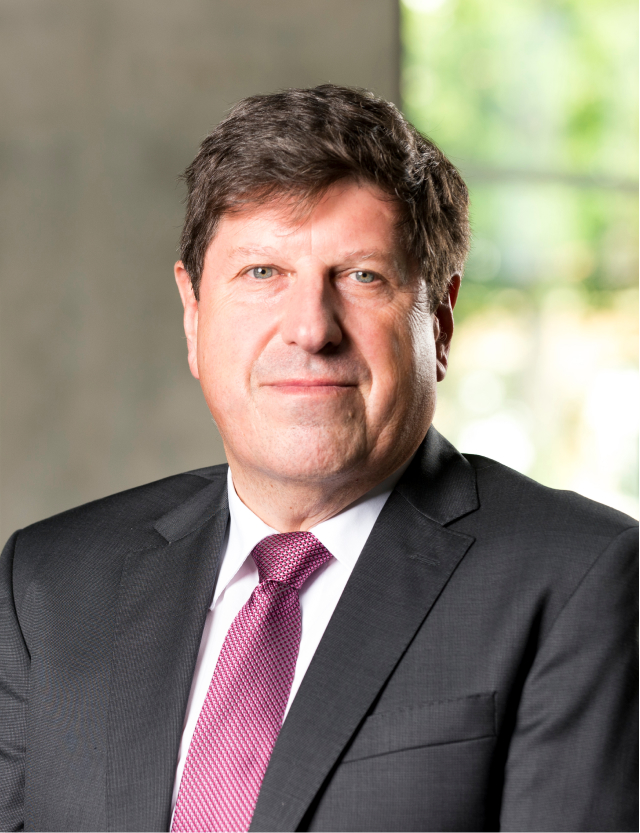 “We use innovative ideas to advance the transformation process towards ecofriendly, connected, and automated mobility. With the funding of SofDCar, we are taking a big step closer to this vision. The InnovationCampus Future Mobility offers an outstanding platform for conducting excellent, innovative, and interdisciplinary research.”
“We use innovative ideas to advance the transformation process towards ecofriendly, connected, and automated mobility. With the funding of SofDCar, we are taking a big step closer to this vision. The InnovationCampus Future Mobility offers an outstanding platform for conducting excellent, innovative, and interdisciplinary research.”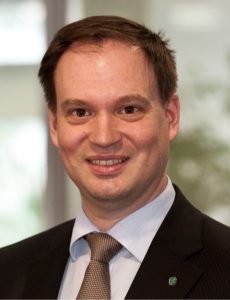 “Am Karlsruher Institut für Technologie (KIT) und dem FZI Forschungszentrum Informatik erforschen wir gemein mit Kolleg:innen der Universität Stuttgart und dem FKFS Methoden und Konzepte zur Entwicklung und Absicherung von software-implementierter Funktionalität im Fahrzeug und seiner Cloud-Infrastruktur. Schwerpunkte dabei sind Sicherheitsanalysen, der Umgang mit einer hohen Zahl von Versionen und Varianten sowie Over-the-Air-Updates.”
“Am Karlsruher Institut für Technologie (KIT) und dem FZI Forschungszentrum Informatik erforschen wir gemein mit Kolleg:innen der Universität Stuttgart und dem FKFS Methoden und Konzepte zur Entwicklung und Absicherung von software-implementierter Funktionalität im Fahrzeug und seiner Cloud-Infrastruktur. Schwerpunkte dabei sind Sicherheitsanalysen, der Umgang mit einer hohen Zahl von Versionen und Varianten sowie Over-the-Air-Updates.” 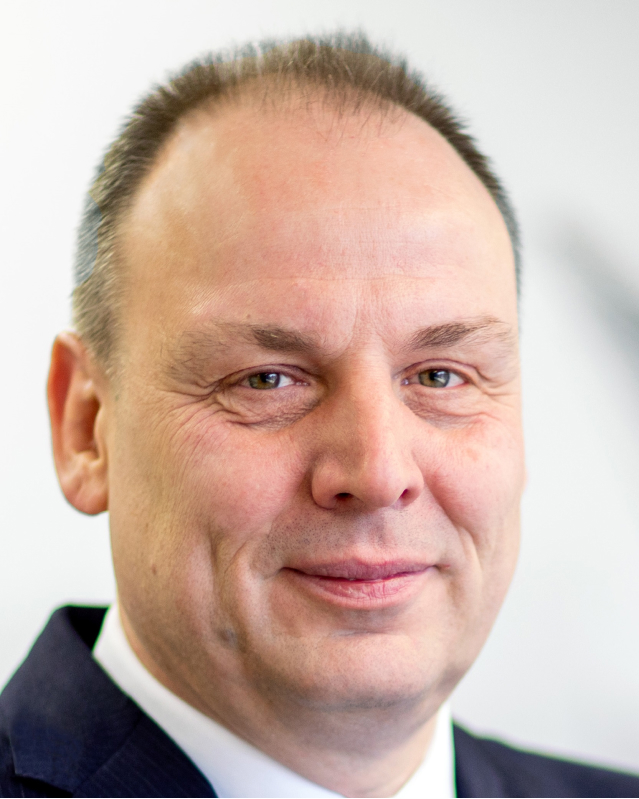 “At the University of Stuttgart, we will focus on an IT reference architecture for the vehicles of the future together with the colleagues from Karlsruhe. This involves using software in the so-called edge backend, meaning information hubs outside the vehicles in the future IT infrastructure. Based on the digital twin as well as the real-time 5G campus network, we are able to conceptualize the reference architecture for continuous and mutual data exchange for new functions in the vehicles of the future.“
“At the University of Stuttgart, we will focus on an IT reference architecture for the vehicles of the future together with the colleagues from Karlsruhe. This involves using software in the so-called edge backend, meaning information hubs outside the vehicles in the future IT infrastructure. Based on the digital twin as well as the real-time 5G campus network, we are able to conceptualize the reference architecture for continuous and mutual data exchange for new functions in the vehicles of the future.“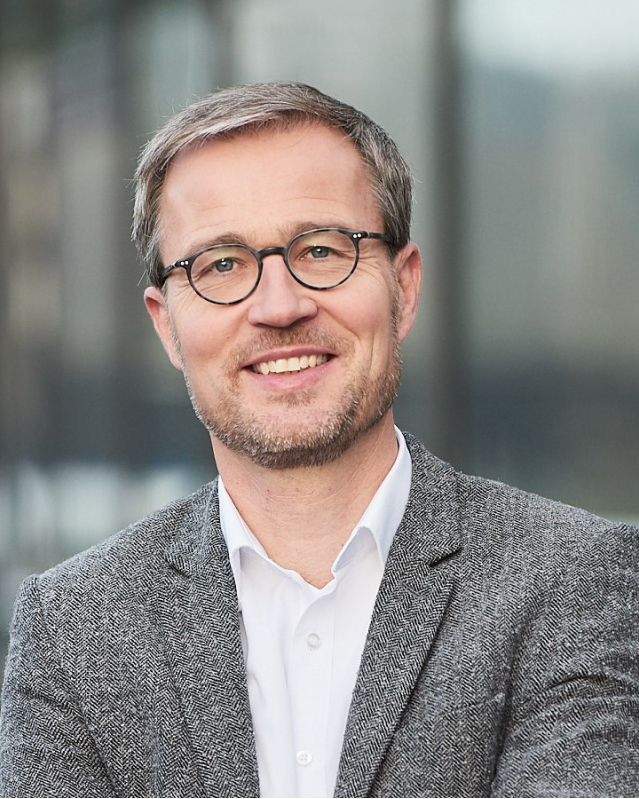 “The approval of the BMWK Software-Defined Car project is a great success for the University of Stuttgart and the KIT since on the one hand the initiative came from the joint consortium with the FKFS and FZI as well as of course strong industrial partners from the Mobility of the Future innovation campus, and the thematic focus of the project, on the other hand, provides an almost ideal connection to the new “software-defined mobility” strategic field of the ICM.”
“The approval of the BMWK Software-Defined Car project is a great success for the University of Stuttgart and the KIT since on the one hand the initiative came from the joint consortium with the FKFS and FZI as well as of course strong industrial partners from the Mobility of the Future innovation campus, and the thematic focus of the project, on the other hand, provides an almost ideal connection to the new “software-defined mobility” strategic field of the ICM.”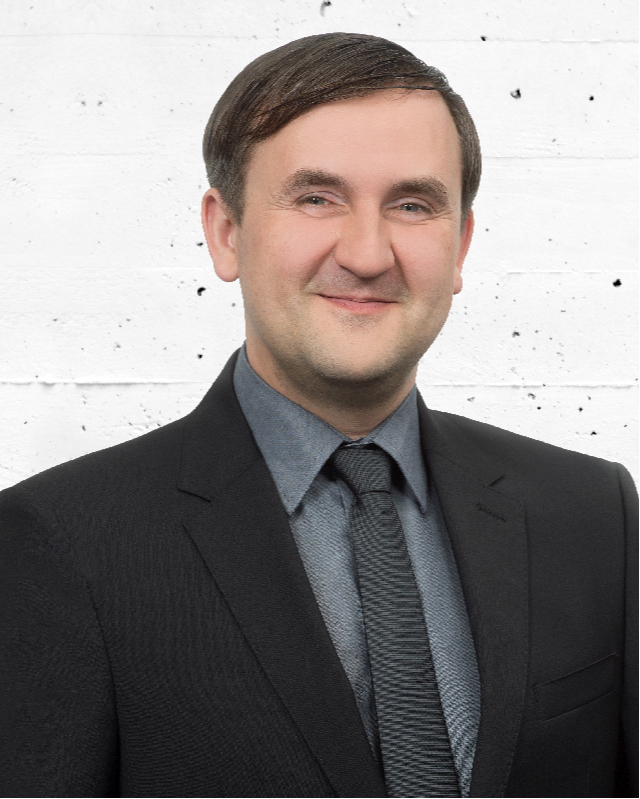 “As initiator of the project, e-mobil BW is particularly pleased about the high participation of members of our Cluster Electric Mobility South-West. SofDCar is a lighthouse project and shows that in Baden-Württemberg we are working together with strong partners from industry and science to shape the digital automotive future.”
“As initiator of the project, e-mobil BW is particularly pleased about the high participation of members of our Cluster Electric Mobility South-West. SofDCar is a lighthouse project and shows that in Baden-Württemberg we are working together with strong partners from industry and science to shape the digital automotive future.”


